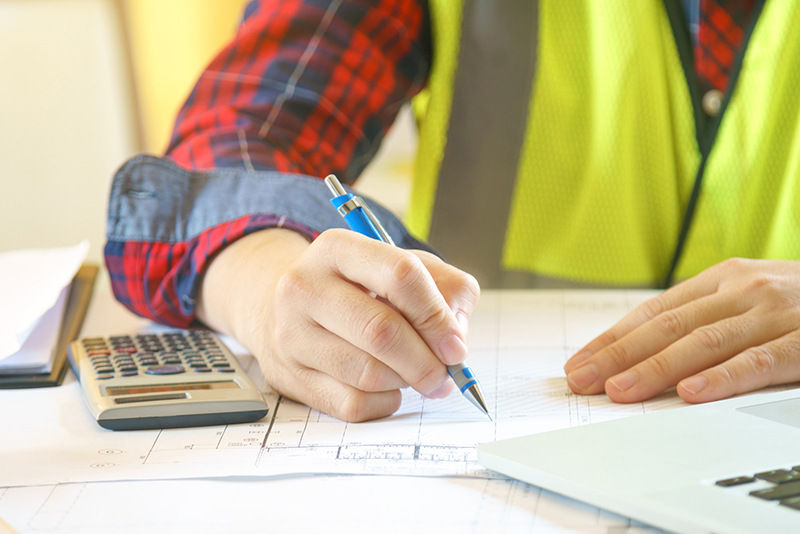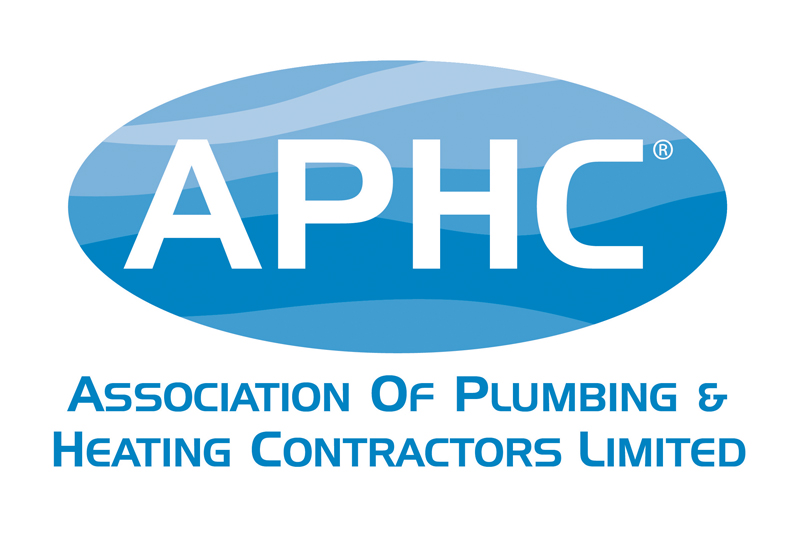
The countdown to self-assessment is underway. Mike Parkes, Technical Director at GoSimpleTax, explains how you can get your house in order.
The days are shorter and the temperature’s dropped. It can only mean one thing: the start of self-assessment season. The looming tax deadline is an unavoidable fact of life for many tradespeople – but there is a way to tackle tax head-on and take the headache out of your tax return.
The key is proactivity. Waiting until the last possible moment before the deadline to sort through invoice copies and receipts for materials is a surefire way to make your self-assessment a painful and protracted process. But by grabbing the bull by the horns, tradespeople can make their self-assessment simpler and get a better understanding of their business too.
There are things you can do now to make January’s self-assessment – and the ones each year after that – easier.
Give yourself time
GoSimpleTax data shows that most people file their tax return online in the final 72 hours before the 31st January deadline. Many tradespeople feel uncomfortable with the financial side of their business, and their natural instinct is to ignore it for as long as possible. But this can lead to costly mistakes.
Common errors include not adding all of your income, claiming for the wrong expenses, missing out details and assuming you don’t need to declare something if you’ve not made a profit. Getting your affairs in order ahead of time gives you time to spot errors so you don’t end up being penalised by HMRC — and it lets you know what tax bill you have coming, so you can plan to pay it.
Manage your invoices
It’s very easy to lose track of invoices and expenses if you don’t proactively manage your finances all year round. It’s important to:
1 Organise paper trails. If you’re a traditionalist at heart, and you process expenses manually, you need to keep a rigid filing system for your forms, invoices and receipts. Ultimately, any lost paperwork could lead to a hefty penalty from HMRC. Do not keep things in shoeboxes to sort out later!
2 Consider switching from manual invoicing to an online system. These allow you to invoice electronically, providing you with real-time data and all the information you need for a tax return at the click of a button.
3 Make sure that you keep records of the work you’re doing and track your jobs properly, so nothing falls through the cracks.
Keep on top of your finances
Good financial management is about getting in the habit of staying on top of the pennies and pounds. It’s easy to neglect the paperwork when you’re busy on site, but you’ll thank yourself for doing it when the time comes to do next year’s self-assessment.
By keeping a close eye on the books all year, you’ll see where you could save money, understand what areas of your work are most profitable (so you can do more of that and less of others) and be aware of upcoming debts and bills.
Prepare for the next financial year
The Government’s support packages provided financial assistance to a large number of the self-employed and small businesses, but each support scheme will ultimately come to an end. It’s essential to understand the implications and tax liabilities that come with these emergency measures.
An example is VAT deferrals. Businesses weren’t required to make VAT payments during the deferral period and were instead initially given until 31 March 2021 to pay any liabilities which accumulated. However, it was further announced in the Chancellor’s winter economy plan that, rather than paying in full at the end of March 2021, businesses will be able to choose to make 11 equal instalments over 2021/22.
All businesses which took advantage of the VAT deferral can use this new payment scheme. However, they will have to opt in, with an opt-in process expected to be put in place in early 2021.
Effective tax planning
It’s next year’s tax bill that will be dominated by Coronavirus and it will pay to get ahead of the curve. You should complete your 2019/20 tax return and submit it to HMRC as soon as possible. 31 January may seem like a long way off, but it will soon be soaked up by the Christmas period and you’ll get the year off to a more positive start without this outstanding task hanging over you as you enter January.
You may even want to consider starting to compile your 2020/21 tax return. This will give you a good understanding of next year’s potential tax bill, so you have plenty of warning and less chance of unexpected costs.
GoSimpleTax provides straightforward software for your self-assessment and invoicing. By keeping your financial information up to date, you can save yourself hours of valuable time and prevent the stress of completing your annual tax return when you could be focused on your business.













